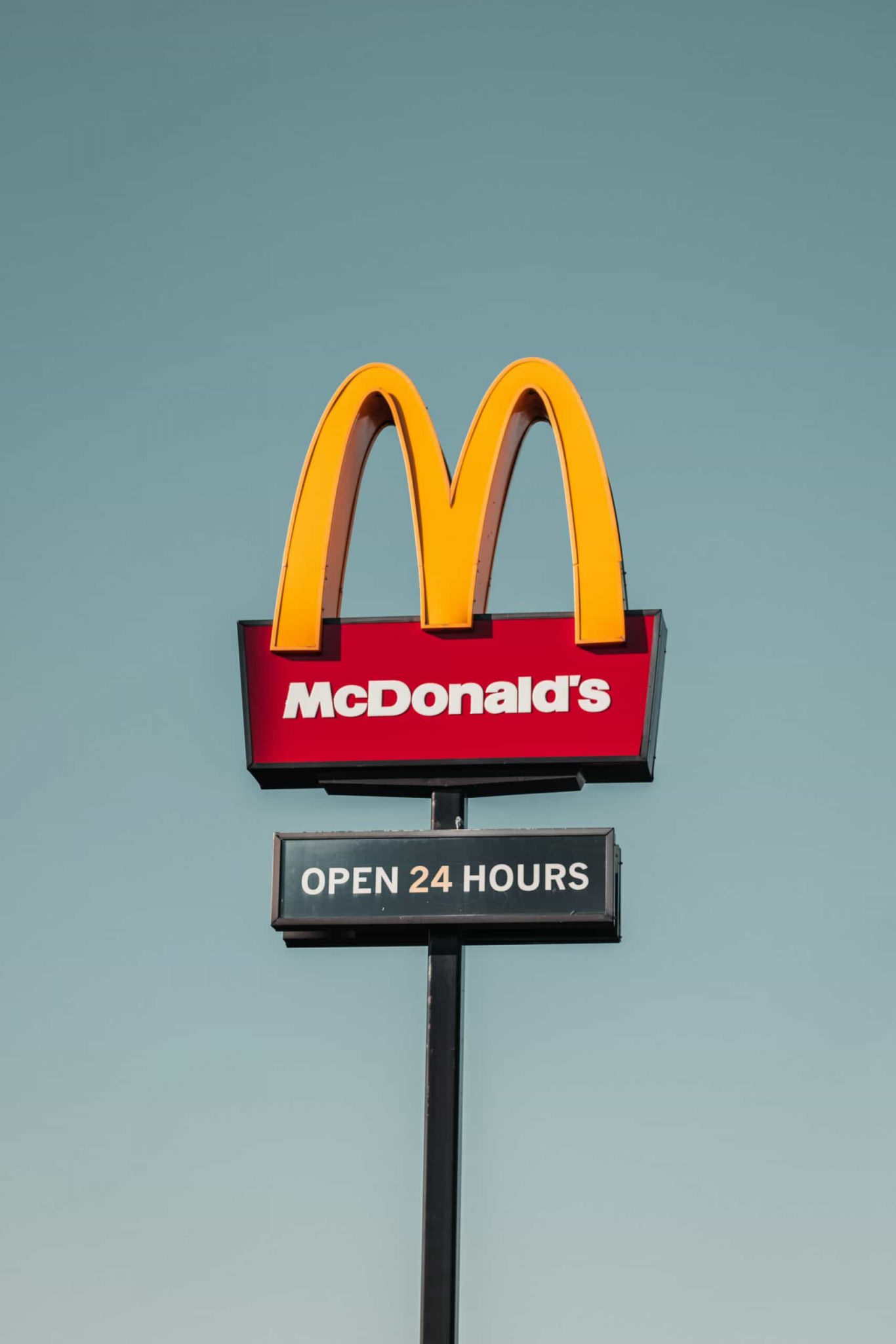
Iman Masmoudi is a student at Harvard Law School.
After an exciting labor day weekend, there is still much good news to celebrate! An article in the Hill pointed out yesterday that this Labor Day weekend was perhaps “the most promising” for unions in many years, because of very high public support, dynamic grassroots organizing campaigns at several massive corporations, and a President who “wants to be remembered as the most pro-union President in history.”
This positive outlook did not appear unfounded this weekend as yesterday, Governor Newsom of California signed the Fast Food Accountability and Standards Recovery Act. The bill creates a council across California’s Fast Food industry composed of industry members and union representatives who will negotiate directly over wages, health & safety, and other benefits. Many have celebrated the bill as “the most significant legislation since the New Deal to bring sectoral bargaining to scale in a major private-sector industry.” The United States’ labor playing field has traditionally been organized at the individual franchise or store level, but for fast food workers in particularly, this has meant little bargaining power, even when an individual store does manage to organize. Sectoral bargaining assuages this issue and is an exciting development in US labor law.
Finally, the Washington Post reported yesterday that thousands of cafeteria workers across Google’s “campuses” have unionized over the past two years to hopefully address low wages and poor health care benefits. This has happened “quietly” in the report’s words, because these workers are often employed by contractors brought in by Google to staff its campuses, and Google has reportedly maintained a “neutral” position towards their unionization. It also shows an increase in the geographic disbursement of unionization, traditionally a coastal privilege, into Southern states like Georgia.






Daily News & Commentary
Start your day with our roundup of the latest labor developments. See all
February 20
An analysis of the Board's decisions since regaining a quorum; 5th Circuit dissent criticizes Wright Line, Thryv.
February 19
Union membership increases slightly; Washington farmworker bill fails to make it out of committee; and unions in Argentina are on strike protesting President Milei’s labor reform bill.
February 18
A ruling against forced labor in CO prisons; business coalition lacks standing to challenge captive audience ban; labor unions to participate in rent strike in MN
February 17
San Francisco teachers’ strike ends; EEOC releases new guidance on telework; NFL must litigate discrimination and retaliation claims.
February 16
BLS releases jobs data; ILO hosts conference on child labor.
February 15
The Office of Personnel Management directs federal agencies to terminate their collective bargaining agreements, and Indian farmworkers engage in a one-day strike to protest a trade deal with the United States.